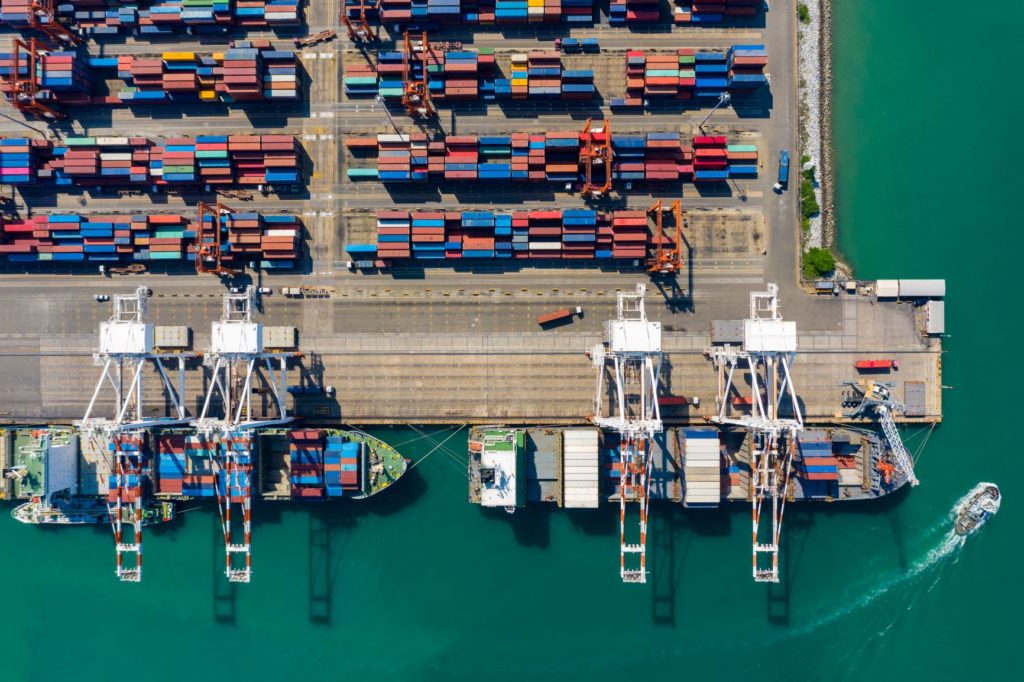GLOSSARY
Customs Duties
What are customs duties? Customs duties are taxes imposed by the government on goods that are imported or exported. These duties are usually based on the value, quantity, or weight of the goods and are collected to generate revenue, protect domestic industries, or regulate trade.
Ready to digitize and modernize your shipping operations?
See how Magaya can help.
How are customs duties calculated?
Customs duties can be calculated in different ways, depending on the country and the type of goods being imported. Common methods include ad valorem duties (calculated as a percentage of the goods’ value), specific duties (based on the quantity or weight of the goods), or a combination of both.
Key Takeaways
-
- Customs duties are a type of tax imposed by the government on goods being imported or exported. These duties are usually based on the value, quantity, or weight of the goods and are collected to generate revenue, protect domestic industries, or regulate trade.
What factors can influence the amount of customs duties?
A number of factors can affect the amount of customs duties, including the country of origin of the goods, the customs classification of the goods (based on the Harmonized System), the declared value of the goods, any applicable trade agreements or preferences, and the specific duty rates set by the importing country.
Are customs duties the same for all countries?
No, customs duties vary from country to country. Each country has its own customs regulations and duty rates, which can differ significantly. It’s important to understand the specific customs requirements of each country involved in the import or export process.
Can customs duties be avoided?
Customs duties are mandatory and cannot be completely avoided. However, there are certain circumstances where duty exemptions or reductions may apply, such as for goods destined for specific industries, humanitarian aid, or goods covered by free trade agreements. It is advisable to consult with customs authorities or a customs broker to explore any available exemptions or reductions.
Who is responsible for paying customs duties?
The responsibility for paying customs duties typically falls on the importer or exporter, depending on the terms of the trade agreement or contract. However, in some cases, customs duties may be prepaid by the freight forwarder or other intermediaries and then billed to the importer or exporter.
How can I determine the customs duties for a specific shipment?
To determine the customs duties for a specific shipment, you will need to consider the country of import, the Harmonized System code for the goods, and the declared value. By consulting the customs tariff of the importing country or using online customs duty calculators, you can estimate the applicable duty rates.
Are customs duties the only costs associated with importing or exporting goods?
No, customs duties are just one component of the overall cost of importing or exporting goods. Other costs may include freight charges, insurance, customs clearance fees, documentation fees, storage fees, and any applicable taxes or surcharges imposed by the importing or exporting country.
What happens if customs duties are not paid?
Failure to pay customs duties can result in penalties, fines, or seizure of the goods. Customs authorities have the right to inspect shipments, assess duties, and take appropriate actions if duties are not paid or if fraudulent practices are detected.
Can a freight forwarder help with customs duties?
Yes, freight forwarders often have expertise in customs procedures and can assist with navigating customs duties. They can provide guidance on documentation requirements, customs clearance processes, and may have relationships with customs brokers or agents to facilitate the smooth movement of goods across borders.
Ready to digitize and modernize your shipping operations?
See how Magaya can help.
